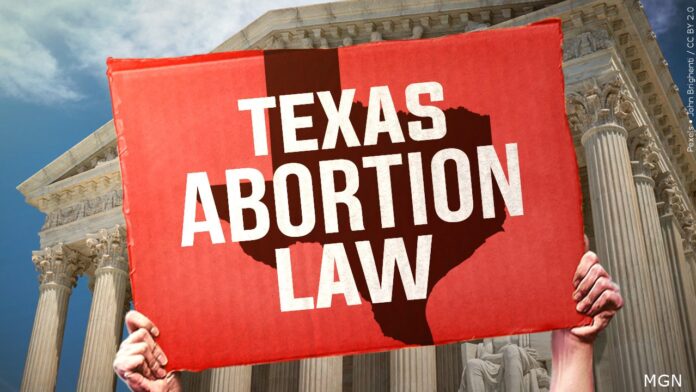Every family knows what it is like to lose a pregnancy. Several years ago a member of my family lost a late term baby. The doctors had given ample warning of the inevitability loss. The child lived only minutes.
When I got to my daughter-in- law, we fell into each other’s arms, I cradled her head against my shoulder and we both just sobbed.
No words were spoken, or needed.
Here is the part with which I have difficulty. A woman wanting an abortion of the same-term fetus can get it, no questions asked. The only difference between a tragedy and a “choice” seems to be the whim of the mother. Why is one a cause for sorrow and the other a sigh of relief? There is an arbitrariness here that lacks logic. A child who can exist outside the womb, may be aborted with legal impunity; but the same child, once delivered, achieves legal status. How can the few inches of the birth canal bestow such power on a child and remove such power from a mother? Can anyone give me a logical reason why this should be? The vilest murderer in this country does not live or die by the choice of a single person.
There is a weight here, almost too great to bear, but I am seeking a Chautauqua island in the midst of an emotional maelstrom. Here in Texas, recent events have made me needful of the conversation of good women.
I am opposed to the new Texas law restricting abortion in unrealistic, punitive and biased ways.
The reasons for this law, written in this way, is a clear attempt to solidify a militant minority. It has nothing to do with the concept of abortion and everything to do with politics.
If the law truly dealt with the immorality of abortion, why does it do nothing to criminalize the man who produces the pregnancy? The woman provided nothing but an egg that was going to be there in any event; it is the man who goes to some effort to provide the sperm that starts the life now in question. He is the person at fault, yet he faces no legal constraint.
But my opposition to this law does not mean I approve of abortion.
I can accept Roe v. Wade, but I think it stinks. An abortion represents layers of failure. Every woman who needs an abortion has been forced, coerced or felt compelled to have unprotected sex. That is a failure. Sex seems to be society’s coin of the realm so we spend it. We go in debt to it. Girls still want to be popular and boys still want to count coup. Was this the message of equality the feminist movement wanted?
The mantra of those in favor of abortions about them being “safe, legal and rare” does come to mind.
Children should not have to have children. Rape victims should not have
to have children. But there are so many other issues here that go beyond that original ruling. An underage girl cannot, legally, consent to sex, so when a child presents herself for an abortion why is there no legal proceeding to detect her assailant? She has been victimized and all the focus is on getting rid of a fetus, giving her assailant a getout- of-jail-free card. Where is the empowerment of women in this?
Abortion is an invasive surgical procedure, one that induces hemorrhage and possibility of infection.
Shouldn’t we assure that the facilities where this is done are clean, licensed and prepared for emergencies?
Do we protect women if we do less?
But there exists an even more disturbing problem.
This deals with human rights. It is not a question of when does a woman have a right to an abortion, it is a question of when does a fetus earn the right to be born? I believe this is when it is viable on its own, needing nothing beyond normal nurturing. This decision is at odds with the new Texas Law, designed to stop all abortions and criminalize everyone associated with helping a woman get an abortion — everyone except the man who introduced the pregnancy.
I have not couched my concerns in religious terms.
I know too many people of faith and honor on all sides of this issue. If you see a logic here that has escaped me, please share it, but know in advance that I don’t deal in invective or profanity. But for now, I stand firm that the Texas legislature has dealt with this issue in a tawdry, self-serving and political way designed to empower men, not protect women or children.
Ask the questions and keep the faith.
Louise Butler is a retired educator and published author who lives in Edinburg. She writes for The Monitor’s Board of Contributors.




